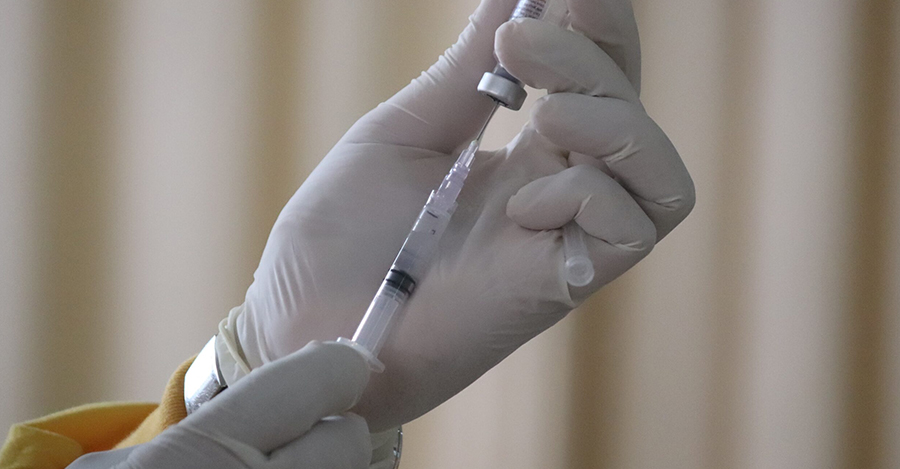
08 Feb Long-term action plan needed to address post-Covid global nursing shortages
A new report has warned of the major impact of Covid-19 on staffing shortages within healthcare sectors all over the world. Before the pandemic struck, there was a reported global shortfall of around six million nurses. Post-pandemic, this figure is predicted to more than double to around 13 million.
The research, entitled ‘Sustain and retain in 2022 and beyond – The global nursing workforce and the Covid-19 pandemic’, was commissioned by the International Centre for Nurse Migration (ICNM). It used findings from World Health Organisation (WHO) research such as its State of the World’s Nursing 2020 report.
According to the data for England, there were around 40,000 nurse vacancies within the NHS in September 2021. And every region across the country reported a rise in vacant positions compared to the year before.
On a global level, it’s predicted that the world will need around 13 million more nurses over the next decade. This is nearly half of the global nursing workforce already in post today.
Calls for a 10-year plan to create a “sustainable global nursing workforce”
The ICNM report highlights a number of critical problems affecting staffing within the sector, most of which stem from Covid-19. These include increased workload and stress, the risk of infection, lack of personal protective equipment (PPE) and the impact on staff of being redeployed into unfamiliar settings or working outside their area of expertise.
To address these challenges and tackle the looming staffing crisis within nursing, researchers recommend the creation of a 10-year action plan. The report states:
“The workforce challenge is too big and too ‘different’ from that which existed only two years ago to be ignored”.
“We cannot risk more damage to an already impaired workforce, and we cannot revert to the pre-pandemic situation of ‘living with’ extensive nursing shortages. We need a plan.”
The ICNM report lists a series of immediate and long-term actions, including the following:
- Assess and improve the retention of nurses, focusing on improving the image of nursing as an attractive career
- Review and expand the capacity of the domestic nurse education system
- Provide structured career opportunities, fair pay and access to continuing education for nurses
- Address the “damaging effect of Covid-19 burnout” among nurses
- A commitment to prioritise nurses for vaccination programmes in all countries
- A further commitment on safe staffing levels
- The implementation of ethical and effective approaches to international recruitment of nurses – particularly in relation to the recruitment of nurses out of lower-income countries, which would hamper their ability to respond to the Covid-19 pandemic.
Another of the recommended actions is the commission of a new State of the World’s Nursing (SOWN) report by the WHO. This is in order to provide an assessment of the damage done to the nursing workforce during the pandemic, and a snapshot of the current situation.
Searching for a new nursing role, or have staff shortages to fill? Whether you’re hiring or job hunting, we can help. Get in touch with our specialists at Linq Healthcare Recruitment, or search our latest UK nursing job vacancies here.

